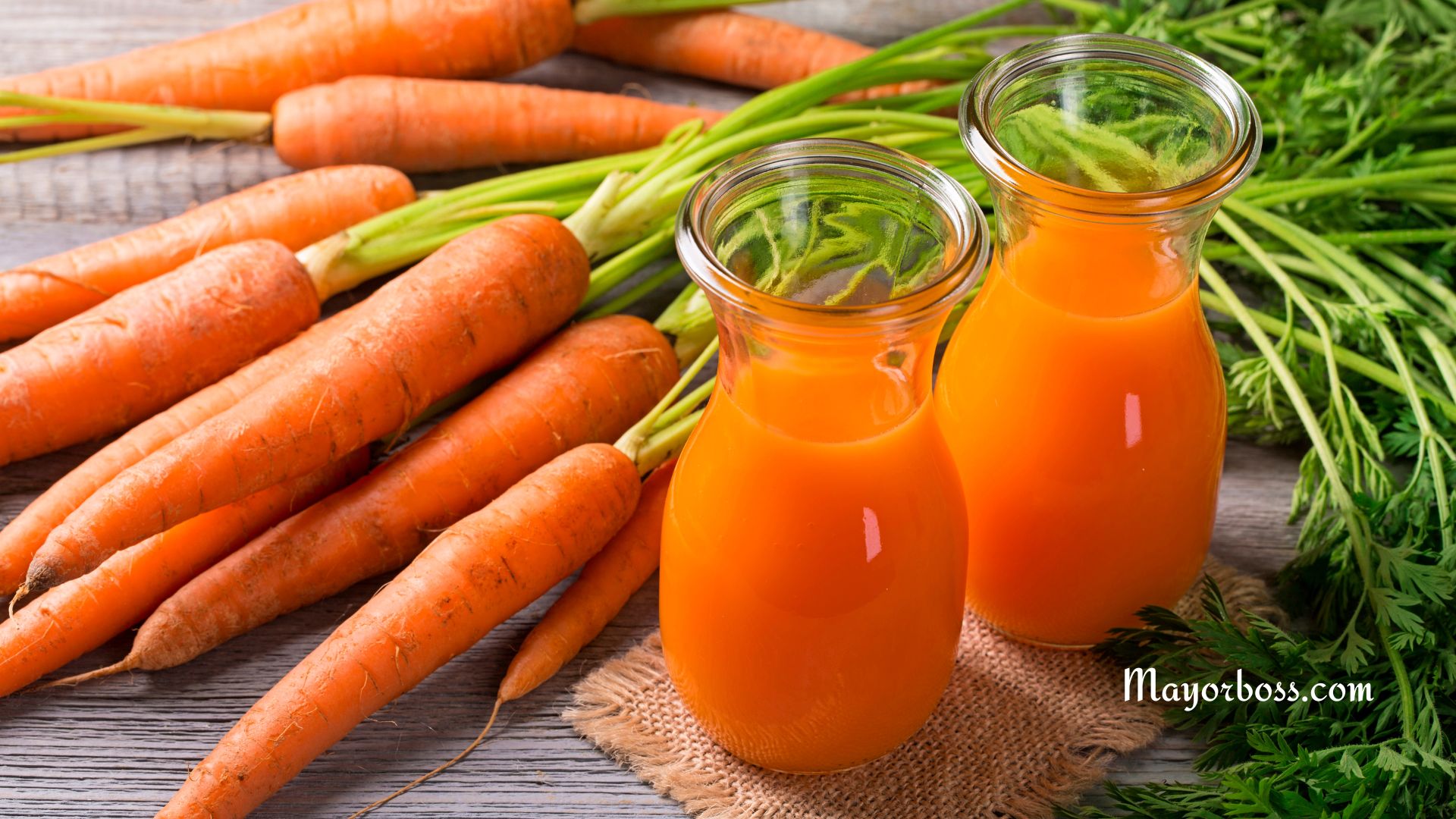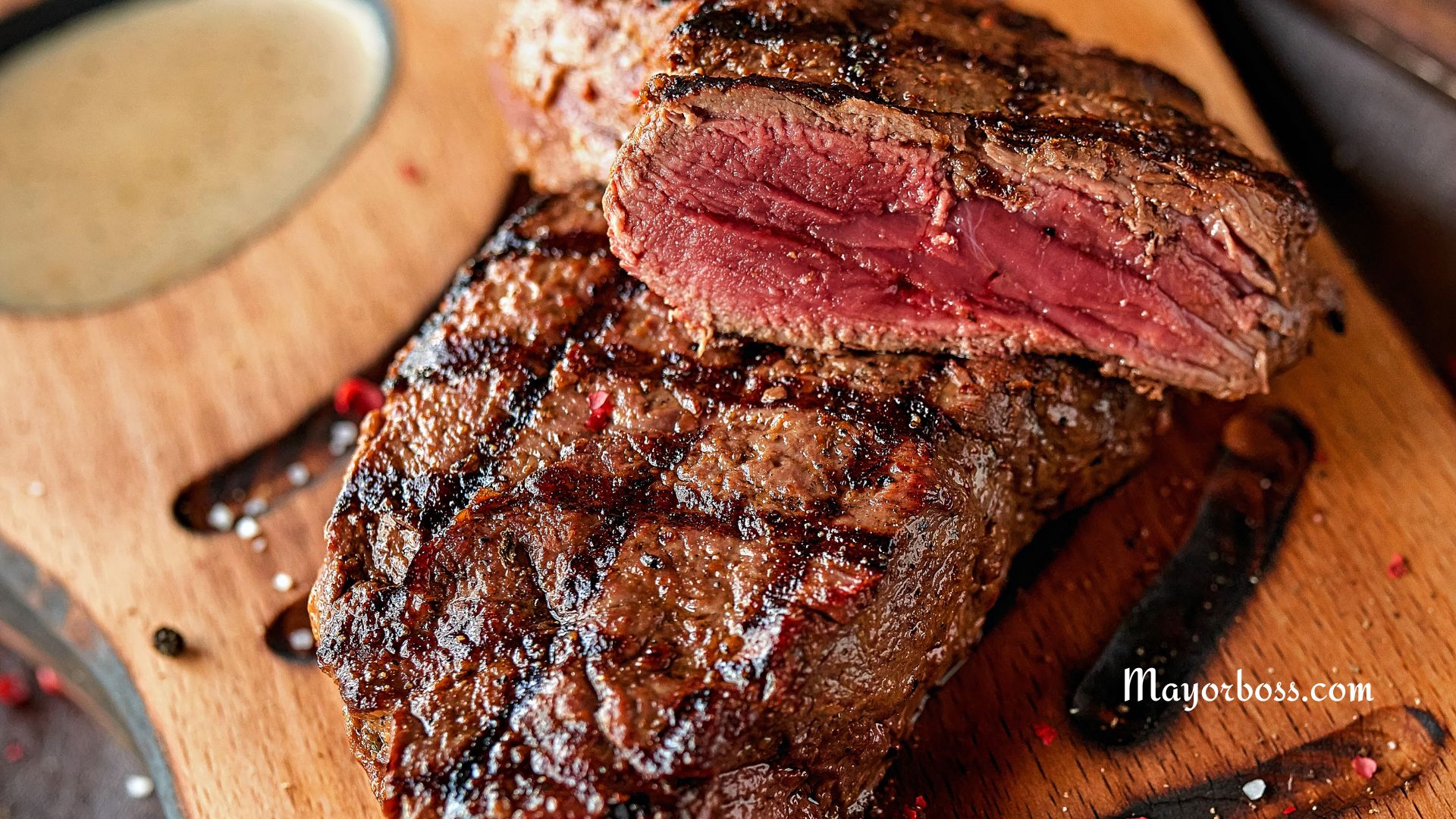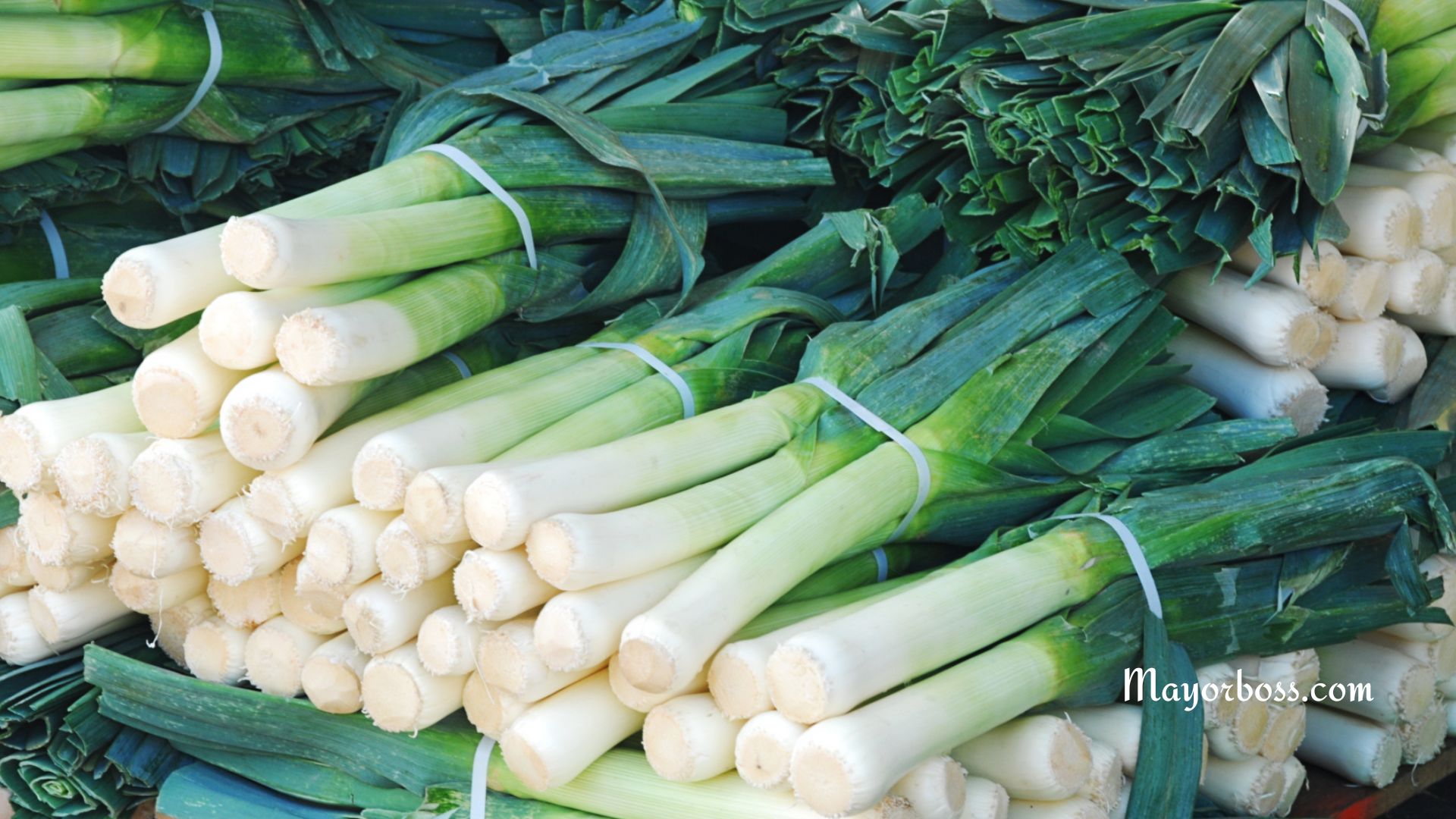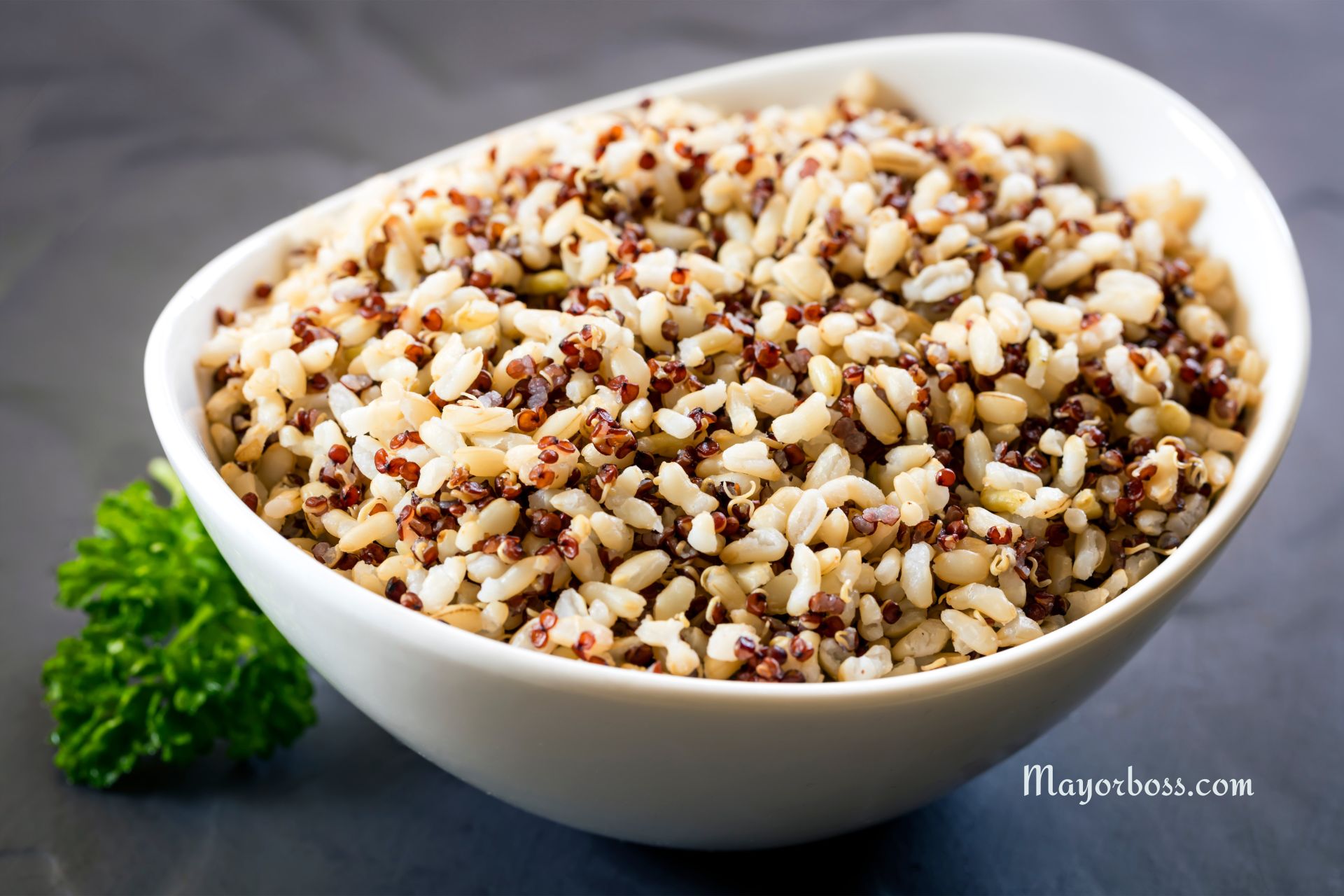12 Most Powerful Anti-Inflammatory Foods
Inflammation is a natural bodily response to injury or illness, but it can also be caused by an unhealthy diet and lifestyle. Fortunately, there are many foods that have anti-inflammatory properties which can help reduce inflammation in the body. Here are 12 of the best anti-inflammatory foods that you should add to your diet today.
1. Fatty fish
Fatty fish like salmon, tuna, and sardines are rich in omega-3 fatty acids. These healthy fats have anti-inflammatory properties and have been shown to reduce the risk of heart disease, stroke, and cancer. Omega-3 fatty acids can also help improve joint pain and stiffness associated with inflammatory conditions like rheumatoid arthritis. (1)
2. Turmeric
Turmeric is a spice that contains curcumin, a compound with powerful anti-inflammatory and antioxidant properties. Curcumin can help reduce inflammation related to a number of conditions, including Crohn’s disease, ulcerative colitis, and arthritis. (2)
Curcumin makes up only about 3% of turmeric by weight, so it’s important to use turmeric in combination with black pepper, which helps increase absorption. Turmeric can be used in many different ways, such as adding it to smoothies, juices, soups, or curries.
3. Garlic
Garlic contains allicin, a compound with antiviral, antibacterial, and antifungal properties. Allicin can also help boost the immune system, which can help fight chronic inflammation. (3)
4. Green tea
Green tea is rich in antioxidants which can help protect cells from damage caused by inflammation. In fact, Green tea has also been shown to improve brain function and reduce the risk of Alzheimer’s disease and other age-related cognitive declines. (4)
5. Broccoli
Broccoli is high in vitamins C and E as well as fiber which can all help fight inflammation. Most importantly, broccoli is also a good source of sulforaphane, a compound that has been shown to reduce the risk of cancer by fighting inflammation at the cellular level. (5)
6. Spinach
Spinach is another food that is high in vitamins C and E, as well as fiber and sulforaphane. In addition to these anti-inflammatory nutrients, spinach also contains lutein and zeaxanthin, which can help protect against age-related macular degeneration (AMD). (6)
7. Nuts
Nuts like almonds, Brazil nuts, and walnuts are good sources of omega-3 fatty acids, vitamins E, selenium, magnesium, and copper, which have all been shown to reduce inflammation in the body. (7)
Not to mention, nuts are also a good source of fiber which can help promote gut health by reducing inflammation in the digestive tract.
8. Seeds
Seeds like flaxseeds and chia seeds are rich in fiber and omega-3 fatty acids, both of which have been associated with reduced inflammation. They’re also a good source of magnesium, selenium, and other minerals that have anti-inflammatory effects.
Moreover, seeds are also a good source of lignans. Compounds that can help reduce the risk of hormone-related cancers such as breast cancer by fighting inflammation at the cellular level. (8)
9. Blueberries
Blueberries are loaded with antioxidants called anthocyanins, which give them their bright blue color. These antioxidants help protect cells from damage and reduce inflammation throughout the body. Additionally, blueberries have been shown to improve cognitive function and memory recall. (9)
10. Olive oil
Olive oil is rich in monounsaturated fats. Healthy fats have been shown to have anti-inflammatory effects. In addition to its healthy fats, olive oil also contains polyphenols. Compounds with strong antioxidant activity can help protect cells from damage caused by inflammation.
Olive oil has also been shown to improve heart health by reducing LDL (“bad”) cholesterol levels while increasing HDL (“good”) cholesterol levels. (10)
11. Tomatoes
Tomatoes are rich in lycopene. An antioxidant compound with powerful anti-inflammatory properties. Lycopene has been shown to fight inflammation at the cellular level by inhibiting the production of pro-inflammatory cytokines.
Tomatoes are also a good source of vitamins A and C, as well as dietary fiber. All of these nutrients have anti-inflammatory properties. (11)
12. Peppers
Peppers like black pepper, bell peppers, jalapeños, and chili peppers are loaded with vitamins A and C, which are both powerful antioxidants. Antioxidants help neutralize free radicals, which can damage cells and contribute to inflammation. In addition, peppers contain a compound called capsaicin, which has anti-inflammatory properties. (13, 14)
Final thoughts on foods that reduce inflammation
There are many different foods that have anti-inflammatory properties that can help reduce the risk of chronic diseases such as heart disease, arthritis, and diabetes. Incorporating these foods into your diet is a simple way to promote better health.
Try to include salmon, blueberries, broccoli, garlic, green tea, turmeric, walnuts, olive oil, and tomatoes into your diet on a regular basis.
However, if you do not like these foods or want more variety in your diet, there are always supplements you can take that will give you these same benefits without having to eat certain foods.
Taking care not to get too much inflammation is a key part of having a healthy lifestyle.






